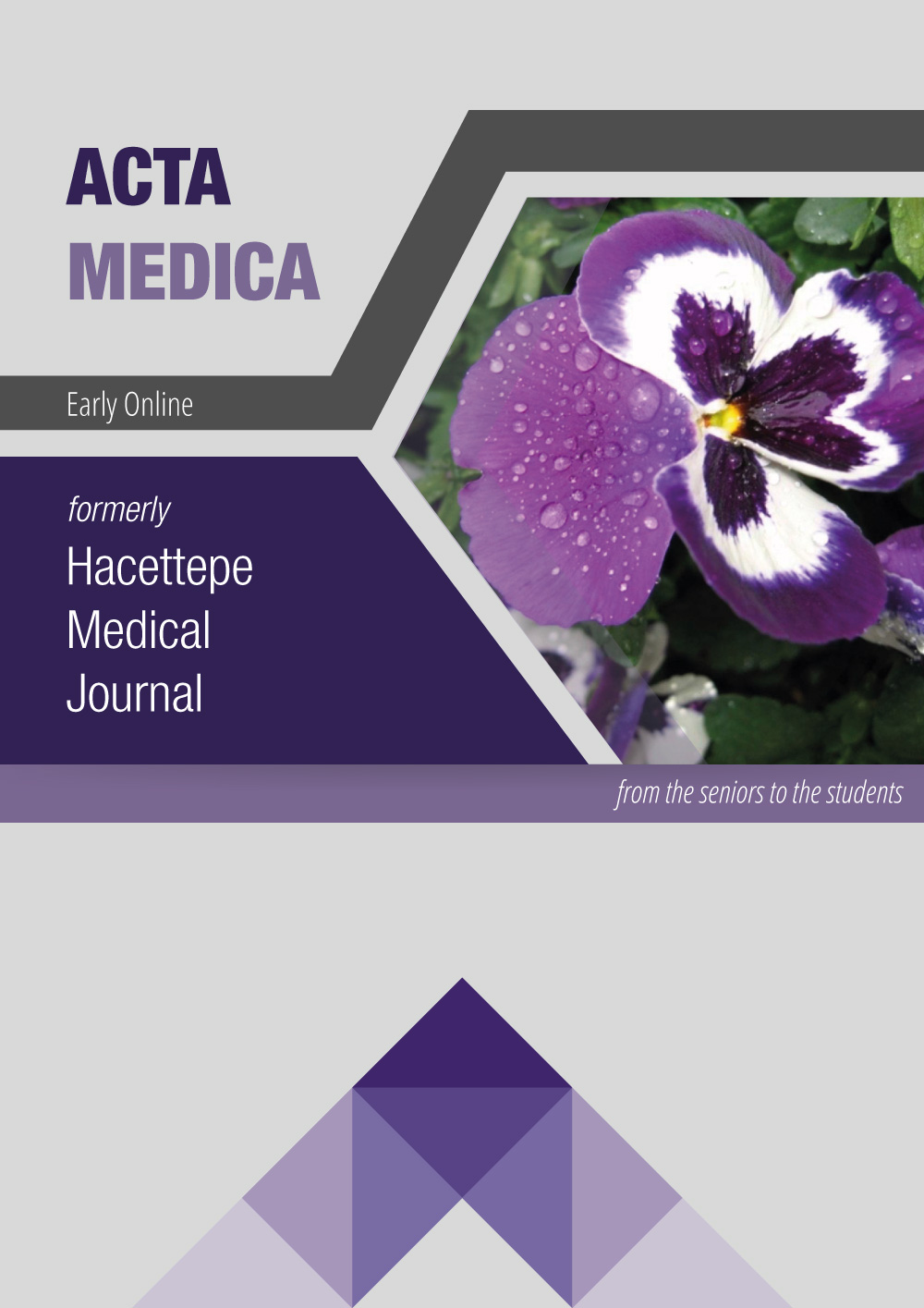CRISPR-based Approaches for the Point-of-Care Diagnosis of COVID19
DOI:
https://doi.org/10.32552/2022.ActaMedica.626Abstract
Severe acute respiratory syndrome coronavirus -2 (SARS-CoV-2), is a novel Betacoronavirus variant that emerged in December 2019 causing the coronavirus disease 19 (COVID19) pandemic. It is reported that asymptomatic and presymptomatic individuals can transmit the virus and this silent transmission has been a major obstacle for the control of the pandemic. To overcome this obstacle, widespread testing with a rapid turnaround time is required. Reverse transcription-quantitative polymerase chain reaction (RT-qPCR) is currently the golden standard for the diagnosis of COVID19 worldwide. Even though RT-qPCR is an efficient method in terms of sensitivity and specificity, the need for elaborate instrumentation and skilled personnel restricts its widespread use. Restriction of RT-qPCR to a limited number of laboratories makes it further time-consuming. Many approaches are present to address the requirement for a rapid and accurate COVID19 diagnosis. In this review, different CRISPR-based approaches for the point-of-care diagnosis of COVID19 are compared. Among these approaches, CRISPR-FDS on-chip assay is found to be the best option as it is reported to be highly sensitive and specific, has a short turnaround time (15 min), does not need RNA isolation or special tools, and simple to perform. In terms of clinical validation, SHERLOCK, STOPCovid, and DETECTR were the most extensively studied ones and they are also reported to be highly sensitive and specific compared to RT-qPCR.


